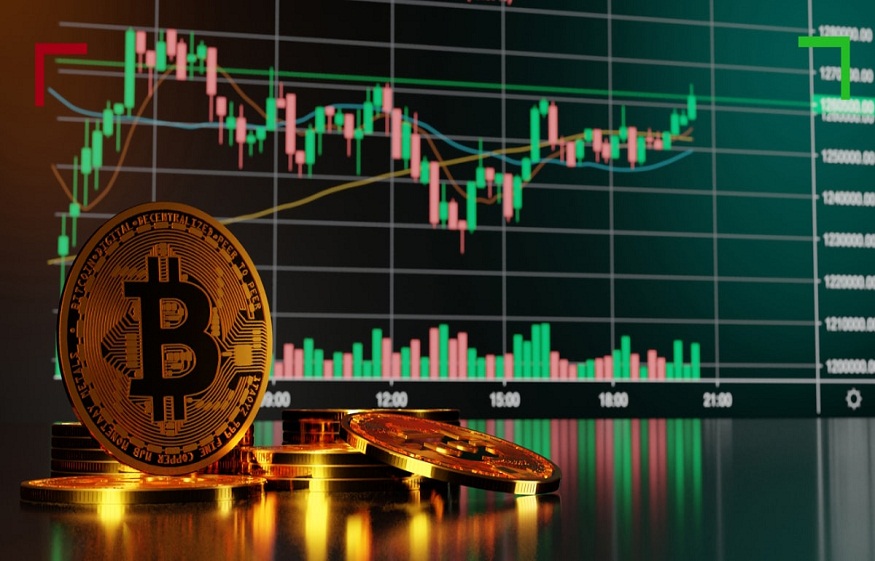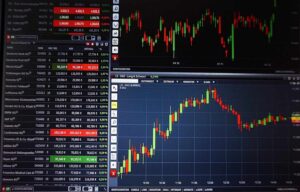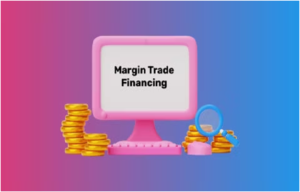Trading Cryptocurrency: A Framework for GCC Investors Entering Digital Assets
4 min read
Cryptocurrency has transformed from a niche digital curiosity into a global financial phenomenon. Around the world, investors are increasingly drawn to its promise of high returns, technological innovation, and portfolio diversification.
In the Gulf Cooperation Council (GCC) region, interest is growing steadily, fueled by government initiatives, regional crypto hubs like Dubai, and a rising tech-savvy population.
However, the digital asset market’s volatility, regulatory nuances, and unique risks demand a strategic and informed approach, especially for investors new to this space.
Laying the Groundwork: Financial and Risk Considerations
Before diving into cryptocurrency trading, GCC investors should first evaluate how crypto fits into their overall financial goals and risk tolerance. Cryptocurrencies are inherently volatile, with prices that can swing dramatically within minutes or days. While this offers high return potential, it also means losses can be swift and significant.
It is generally advisable to treat cryptocurrency as a satellite investment rather than a core holding, especially for newcomers. This means allocating a relatively small portion of your total investment capital—often between 1% and 5%—to digital assets to balance potential rewards against risks.
Choosing which assets to invest in is equally important. Bitcoin and Ethereum remain the largest and most established cryptocurrencies, often viewed as “blue chips” in the crypto space. Stablecoins, pegged to fiat currencies like the US dollar, offer a way to reduce volatility exposure. Meanwhile, altcoins—alternative cryptocurrencies beyond Bitcoin and Ethereum—can offer upside but require deeper research due to varying levels of credibility and risk.
Choosing the Right Platforms and Tools
Where you trade and how you store your cryptocurrencies is critical to both your success and security.
For GCC investors, selecting a reputable exchange means considering both global giants like Binance or Coinbase and emerging regional players that comply with local regulations, such as BitOasis in the UAE. Regulatory compliance, security measures, ease of use, liquidity, and trading fees should all be assessed.
Storage methods matter as much as trading. Hot wallets, connected to the internet, provide convenience for frequent trading but expose you to cyber risks. Cold wallets—offline storage devices like hardware wallets—offer a higher level of security, especially for long-term holdings. Institutional investors may also consider third-party custodians offering insured custody solutions.
To make informed decisions, investors should leverage trading tools including advanced charting software, real-time market data, and news aggregators. Understanding order types—such as limit, market, and stop-loss orders—can help manage risk and automate trades efficiently.
Strategy Development for GCC Crypto Investors
Your trading strategy should align with your investment objectives and risk tolerance. Long-term holding, or “HODLing,” is a popular approach, based on the belief that cryptocurrencies will increase in value over time despite short-term volatility. This strategy suits investors who prefer a less active role and can weather market downturns.
Active trading techniques like swing trading or day trading aim to capitalize on price fluctuations over shorter periods but require technical skill, discipline, and constant market monitoring. Tools such as the Relative Strength Index (RSI), Moving Average Convergence Divergence (MACD), and moving averages can help identify trading signals and trends.
Fundamental analysis in crypto involves evaluating tokenomics (the economic model of a token), project whitepapers, team credibility, and on-chain metrics such as transaction volume and network activity. Combining technical and fundamental insights can improve decision-making.
A robust risk management framework is essential. This includes setting stop-loss orders to limit losses, avoiding overexposure to a single asset, and maintaining a diversified portfolio. Emotional discipline is crucial; crypto markets can be swayed by hype and fear, so sticking to your plan can prevent costly mistakes.
Navigating Volatility and External Risks
Cryptocurrency markets are famously cyclical, often marked by rapid booms and busts. Market sentiment can shift quickly due to news events, regulatory announcements, or influential figures’ statements, making FOMO (fear of missing out) and FUD (fear, uncertainty, doubt) common behavioral traps.
GCC investors should also consider how global macroeconomic factors affect digital assets. For example, rising interest rates and stronger fiat currencies can reduce crypto’s appeal as an alternative asset. Conversely, inflation concerns or devaluation of local currencies could increase interest in cryptocurrencies as a hedge.
Regional factors matter too. The GCC’s economic ties to oil prices, capital flow regulations, and currency pegs (such as the AED’s peg to the USD) create unique dynamics that can indirectly influence crypto investment sentiment and liquidity.
Staying Secure in a Digital Asset World
Security should be a top priority when trading cryptocurrencies. The decentralized and often irreversible nature of blockchain transactions means lost or stolen assets are difficult to recover.
Investors should protect themselves from phishing scams, fake applications, and fraudulent schemes by always verifying URLs, using two-factor authentication (2FA), and maintaining strong, unique passwords via password managers.
Engaging with trusted local and global crypto communities can provide valuable insights and warnings about potential risks. Continuous education and skepticism toward “too good to be true” opportunities will safeguard your investments over time.
Conclusion
Entering the cryptocurrency market is both an exciting opportunity and a complex challenge for GCC investors. By understanding the regional regulatory environment, aligning investments with clear financial goals, selecting trustworthy platforms, and implementing disciplined strategies, investors can navigate this dynamic space more confidently.
For those eager to learn more about how to start trading cryptocurrency effectively, exploring resources and guides on key considerations offers valuable insights to build a strong foundation.






